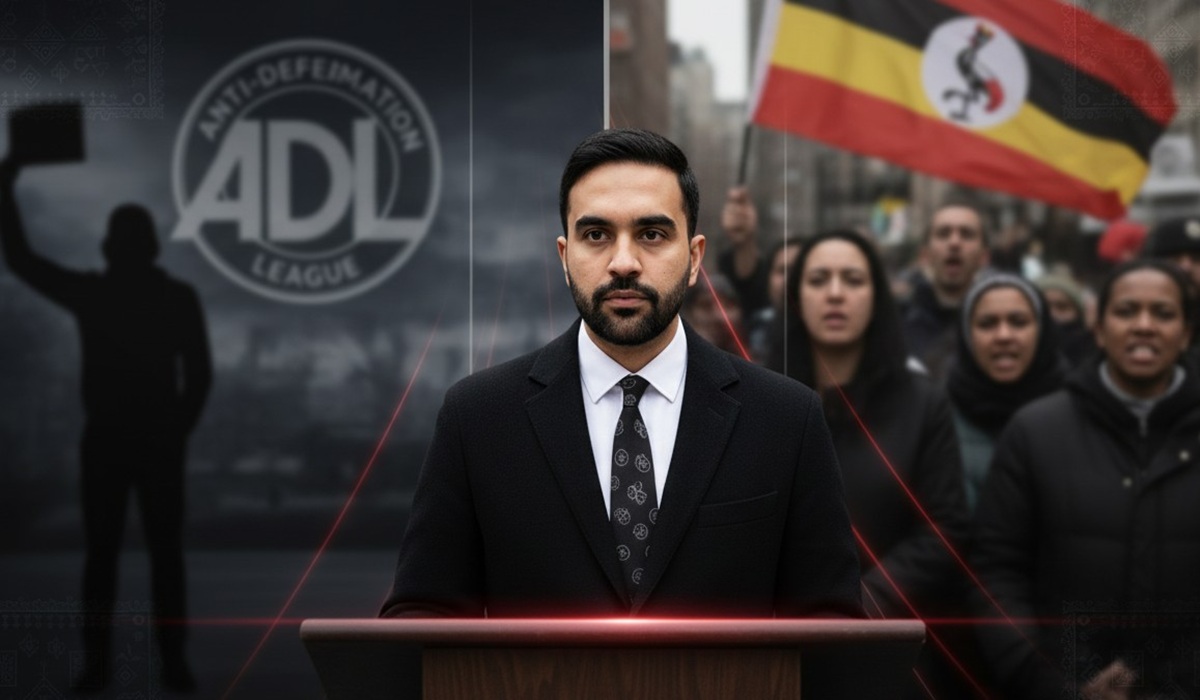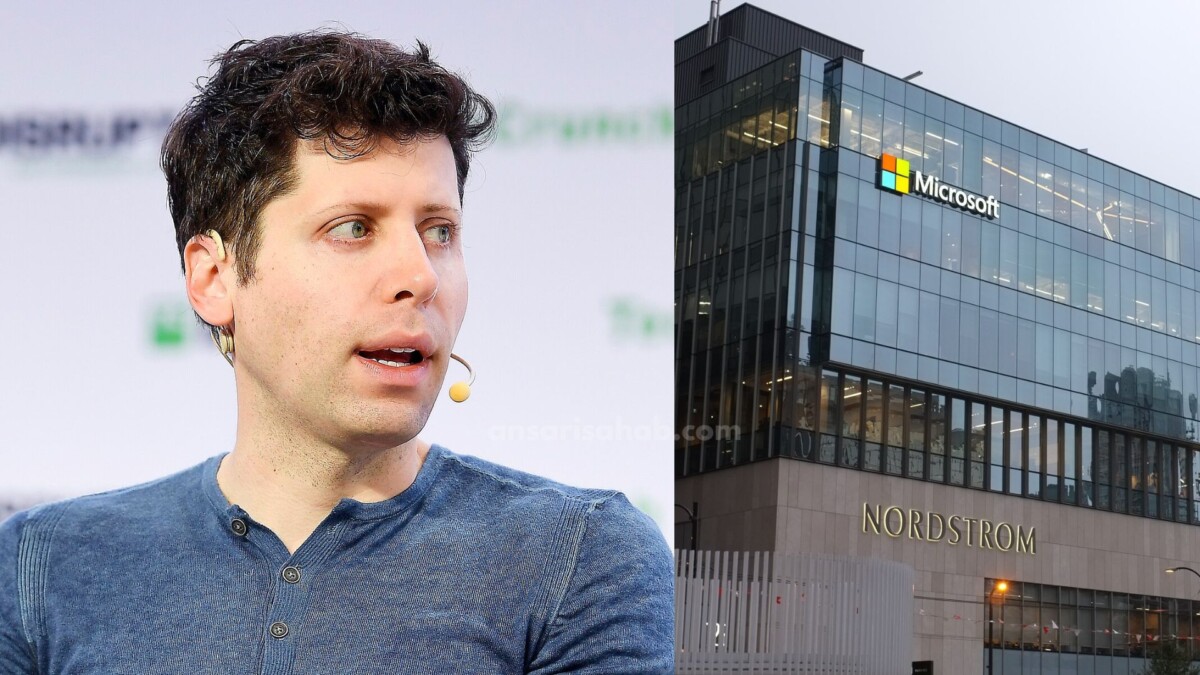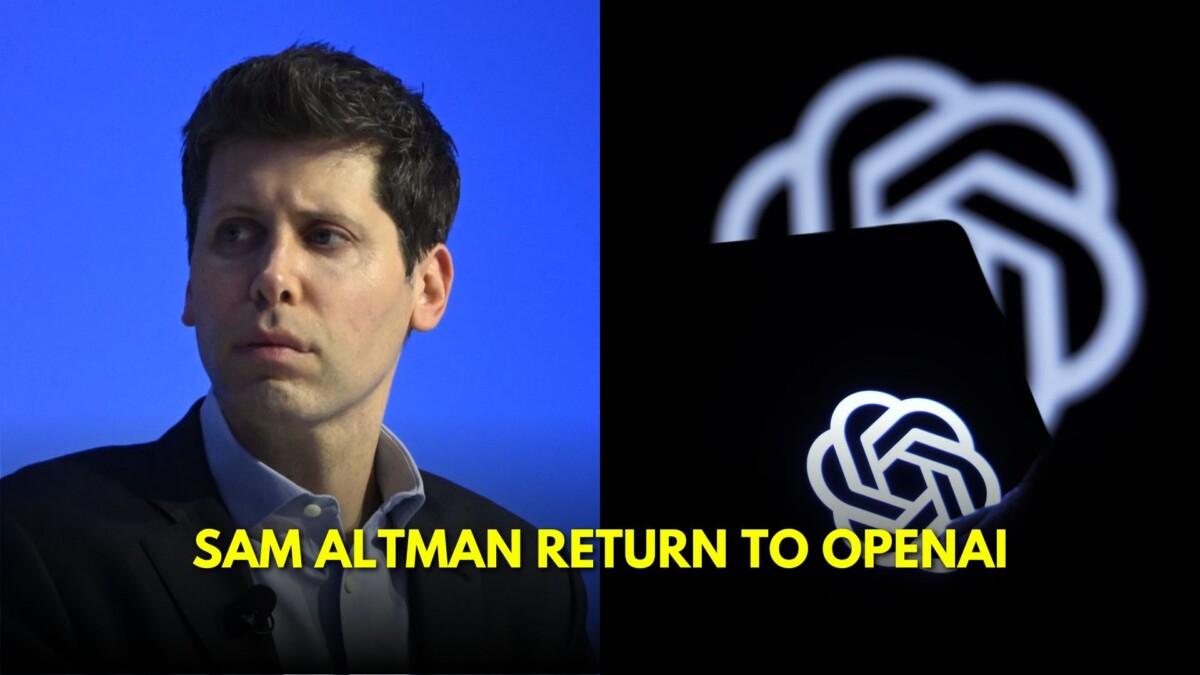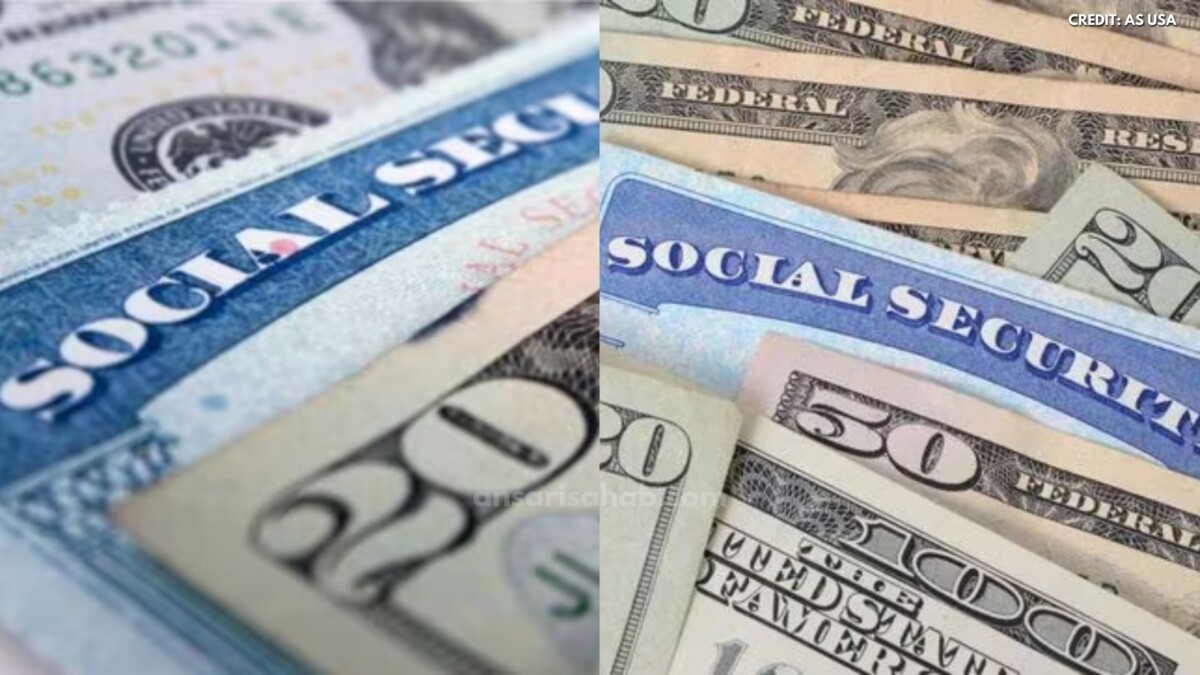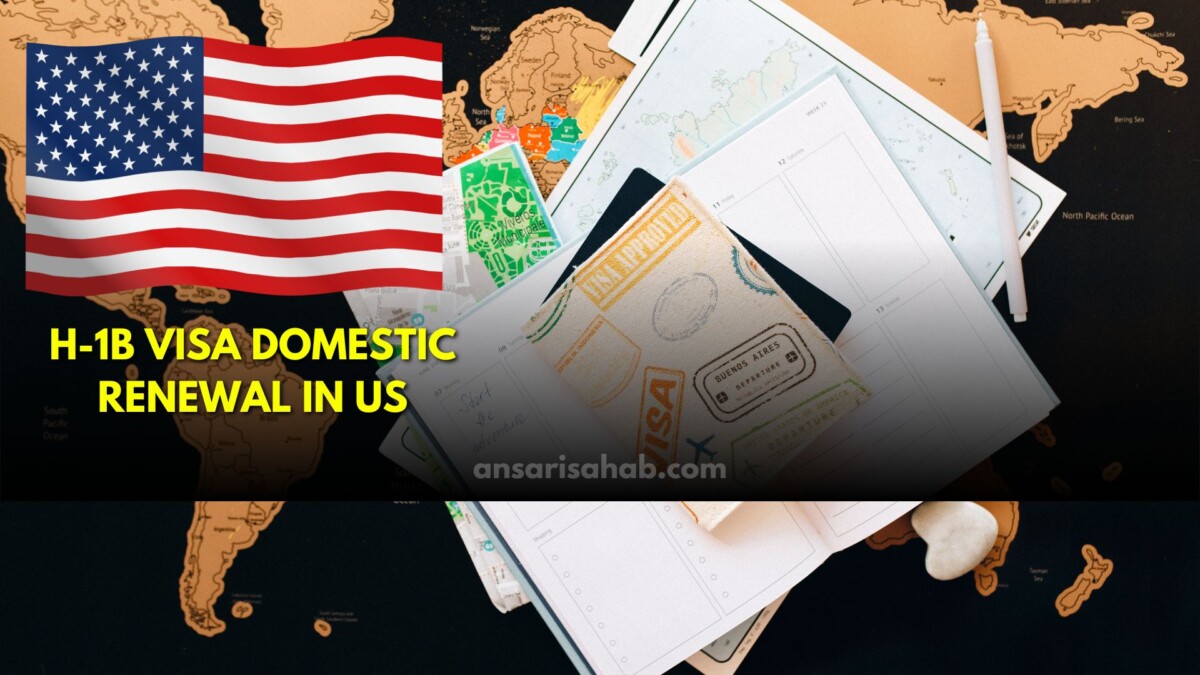NEW YORK — Zohran Mamdani, the newly elected mayor of New York City, has become a flashpoint in debates over identity, religion, and political ideology. As the city’s first Muslim and South-Asian mayor, his election has energized progressive circles — but it’s also raised sharp criticism, particularly from Jewish organizations and far-right opponents. At the heart of the controversy lies not just his religion, but how his multicultural roots intersect with his political stances and how some are framing that in terms of antisemitism risks.
A Multilayered Identity: Faith, Ethnicity, and Family Roots
Born in Kampala, Uganda, in 1991, Mamdani is the son of prominent intellectuals: his father, Mahmood Mamdani, is a Ugandan-Indian academic, and his mother, Mira Nair, is the celebrated Indian-American filmmaker. His mixed heritage is not just a footnote — it shapes both his worldview and the narratives his critics are constructing.
On his religious identity, Mamdani has been very clear: he is a practicing Shia Muslim, part of the Khoja Ithna-Asheri tradition. He has also spoken publicly about being raised in an interfaith household — his mother’s Hindu heritage meant he celebrated festivals like Diwali and Holi growing up.
In interviews, his name itself is often pointed to as symbolic of his layered identity: “Mamdani” comes from a Gujarati term meaning “follower of Muhammad,” while his middle name, “Kwame,” honors Ghanaian leader Kwame Nkrumah, reflecting his broader Pan-African identity.
Political Rise & The Identity Backlash
Mamdani’s political ascent has been rooted in grassroots activism, progressive campaigning, and a deeply personal narrative of immigrant success. But his religious and ethnic identity has also become a double-edged sword.
Throughout his campaign, Mamdani faced Islamophobic attacks from political opponents. According to The Guardian, he was painted in campaign materials as a threat, and his identity as a Muslim immigrant was repeatedly targeted. Mamdani responded by leaning into his faith, telling cheering supporters: “I am Muslim … and most damningly, I refuse to apologize for any of this.”
Antisemitism Accusations & ADL Monitoring
More recently, Mamdani has drawn scrutiny from Jewish advocacy groups and some on the political right — not just for his faith, but for his vocal pro-Palestinian stances. Critics and watchdogs have raised alarms over his refusal to fully endorse certain definitions of antisemitism, while supporters argue he’s being unfairly painted as antisemitic.
Some point to his past comments. As reported on social media, Mamdani declined to endorse a definition of antisemitism used by Holocaust remembrance groups. He has also reportedly defended the phrase “globalize the intifada” as a call for Palestinian rights, rather than an anti-Jewish slogan.
These positions have triggered calls from certain Jewish leaders and conservative figures for increased monitoring. Some have urged organizations like the Anti-Defamation League (ADL) to keep a closer eye on his rhetoric. Whether this crosses into legitimate oversight or ideologically motivated smears is being debated on multiple fronts.
Supporters Push Back Hard
Mamdani’s team and many of his supporters reject the antisemitism claims outright, arguing they amount to political witch hunts and a distortion of his views on Israel and Palestine.
He has stated repeatedly that there is no room for antisemitism in his administration. In a victory post on social media after his election, he condemned a wave of swastika graffiti on a Syrian Jewish synagogue, pledging to “stand steadfast with our Jewish neighbors.”
Progressive Jewish groups and immigrant-rights activists have defended him, saying that his opposition to Israeli policies is being wrongly characterized by critics as hatred of Jews, rather than critique of a state.
Why His Religion & Heritage Matter Politically
For many observers, Mamdani’s religious identity isn’t just a background detail — it’s central to his political brand. His campaign has consistently emphasized inclusion, immigrant rights, and empowering marginalized communities. His multicultural roots — being of Indian origin, born in Uganda, and Muslim — give him a narrative that resonates with many New Yorkers who feel underrepresented.
Yet, in the polarized climate of 2025, these same traits invite intense scrutiny. As some on the right and among Jewish advocacy groups press for tight monitoring, others warn that framing his faith as a political vulnerability sets a dangerous precedent.
The Stakes: Identity, Free Speech & Political Backlash
- For Jewish Communities: Some see Mamdani’s views on Israel and antisemitism as deeply troubling. They argue that failing to condemn certain phrases or definitions might embolden extremist rhetoric.
- For Muslim and Immigrant Communities: Many view the backlash as another wave of anti-Muslim sentiment—disguised as concern over antisemitism. For them, an attack on Mamdani’s religion is an attack on their place in public life.
- For Political Stakes: Because Mamdani’s identity is tightly interwoven with his progressive political agenda, this debate could define his administration’s early years. How he navigates accusations — and whether he can reassure critics without alienating his base — could shape not just his legacy, but broader discussions about religion, ethnicity, and political legitimacy in America.
Conclusion: A Moment of Tension — and Possibility
Zohran Mamdani’s election as New York City mayor signals a historic and deeply symbolic moment. But with that power comes scrutiny—and in his case, it intersects with religion, ethnicity, geopolitical issues, and accusations of antisemitism.
Whether the ADL and other organizations will increase their monitoring, or whether far-right critics will amplify those calls, remains uncertain. What is clear: Mamdani’s multifaceted identity is not just an electoral story — it is now a central fault line in debates over faith, race, and political speech in America.
As his term begins, he will need to reconcile his role as a proud Muslim leader with the demands of a diverse city — and prove that his vision for inclusion can withstand the intense spotlight on his background and beliefs.

